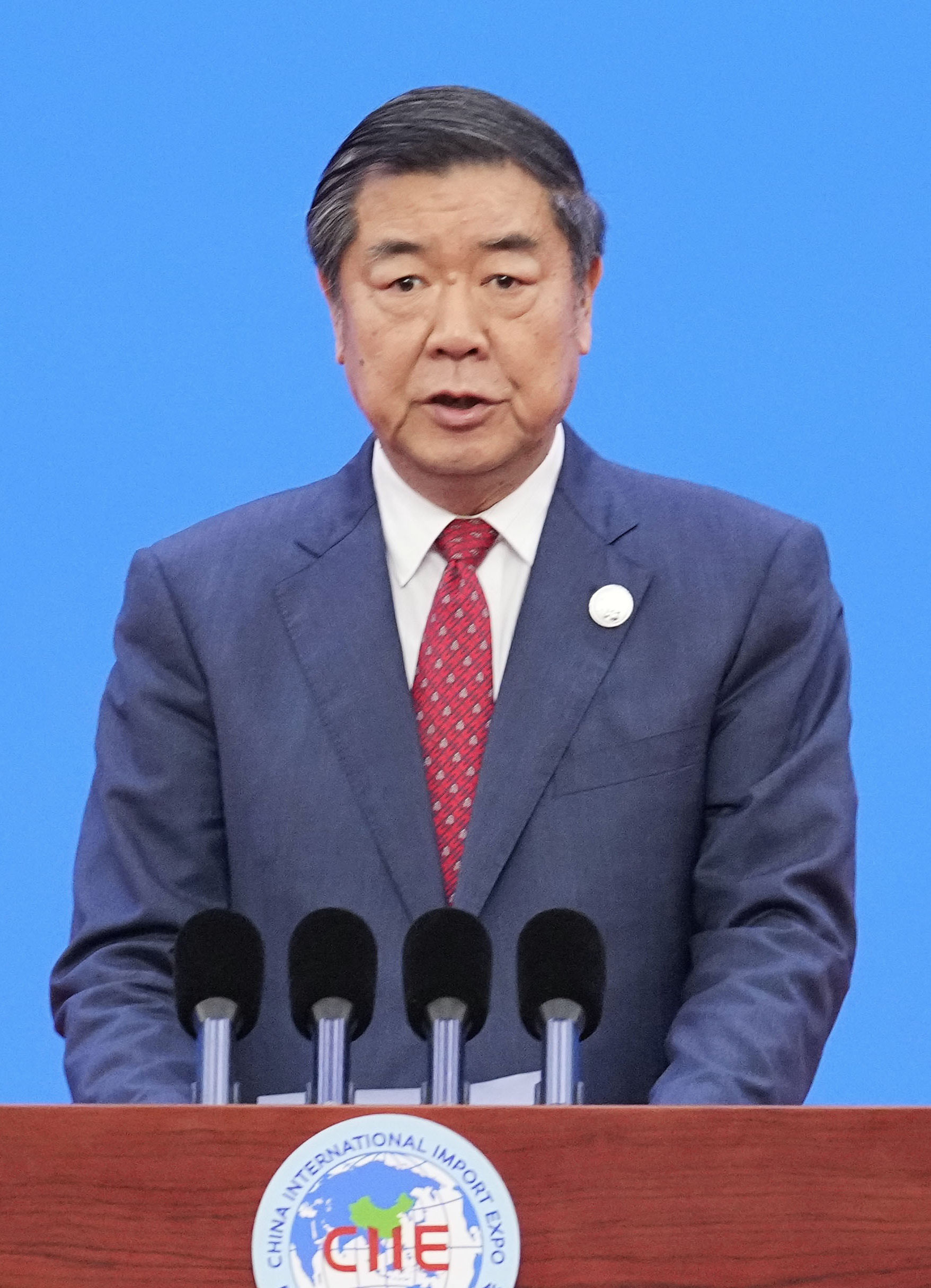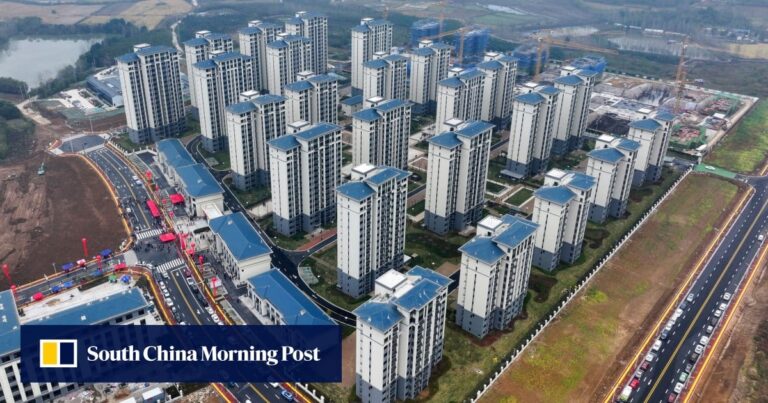
“We think the removal of the floor for mortgage rates on Housing Provident Fund loans and the easing of mortgage rates will be positive for improving buyer sentiment,” said Morningstar equity analyst Jeff Chan. “It may take a longer cycle for policy tailwinds to trickle down to home-buying activity, and we believe their effects remain to be tested.”
New home sales and real estate investment in China are unlikely to recover anytime soon, according to an HSBC research report on Friday. “A deterrent to potential home buyers may be the lack of guaranteed delivery,” HSBC economists Jing Liu and Taylor Wang wrote.
The Ministry of Housing and Urban and Rural Development vowed to proceed with judicial proceedings to ensure that real estate projects are delivered on time and to protect the legitimate rights and interests of homebuyers.
“April’s data release shows that the sense of caution that has taken hold over the past few years will take time to recover,” said Lin Song, chief economist for Greater China at ING. “Fortunately, the policy rollout has begun and the effects of the support measures will begin to trickle down to the wider economy in the coming months.”
Industry watchers are cautious as China’s deteriorating housing market, which is holding back mainland economic recovery efforts, remains difficult and requires more time, money and policies than the Chinese government has put in place to date. It reflects the need for support.
These funds should help absorb housing inventory, but “execution risk looms as the timing and scope of actual funding remains uncertain,” Morningstar’s Chan said.
The British investment bank estimates there is 28 trillion yuan worth of unsold real estate in China, meaning less than 2% of unsold stock is included in the latest funding plan.
Big question marks remain over how heavily indebted local governments will be able to absorb unsold housing stock. According to estimates by Daiwa Capital Markets Hong Kong, as of 2023, China’s local governments will have 41 trillion yuan in debt, and 60 trillion yuan worth of “augmented debt,” or local government financing methods.
Daiwa analysts Patrick Pan and Yue Tang said in a research note on Friday that the local government’s housing purchase plan is likely to cost 5.5 trillion yuan. “We remain conservative on the financial feasibility and ultimate impact of the campaign until the central government releases a detailed action plan or provides further financial support,” they wrote. ing.
Most experts expect the real estate sector to continue to be a drag on China’s economy this year. The government is aiming for a gross domestic product (GDP) growth rate of 5% this year.
ING’s Song said: “While this is undoubtedly one of the most important signs of stabilization in China, it is worth noting that the possibility of bottoming out in housing prices is only the first step.” Ta.

Kiki Chen, 40, a resident of Shanghai, predicted that house prices would fall by another 10%, saying, “Consumers are cautious about purchasing real estate due to concerns about jobs and income, and government incentives are undermining confidence.” “This is the result of a crisis.” She said, “Prospective buyers like me will not sign any sales contract unless the homeowner agrees to further reduce the price.”
A real estate agent in the city said local residents have been slow to respond to the new policy.
“There were very few people who came to visit us today to express interest in buying a home,” said Yang Zhancai, a consultant at the Shanghai Nanquan Road branch of Lianjia, mainland China’s largest real estate agency. Told. “Lower mortgage rates alone do not appear to be enough to drive purchase decisions.”
“Even if there is a home-buying boom triggered by the easing of home-buying restrictions, it will prove short-lived as most homebuyers remain cautious and expect the downward spiral to continue. ” said owner You Liangzhou. Baonuo, a real estate brokerage company in Shanghai.



